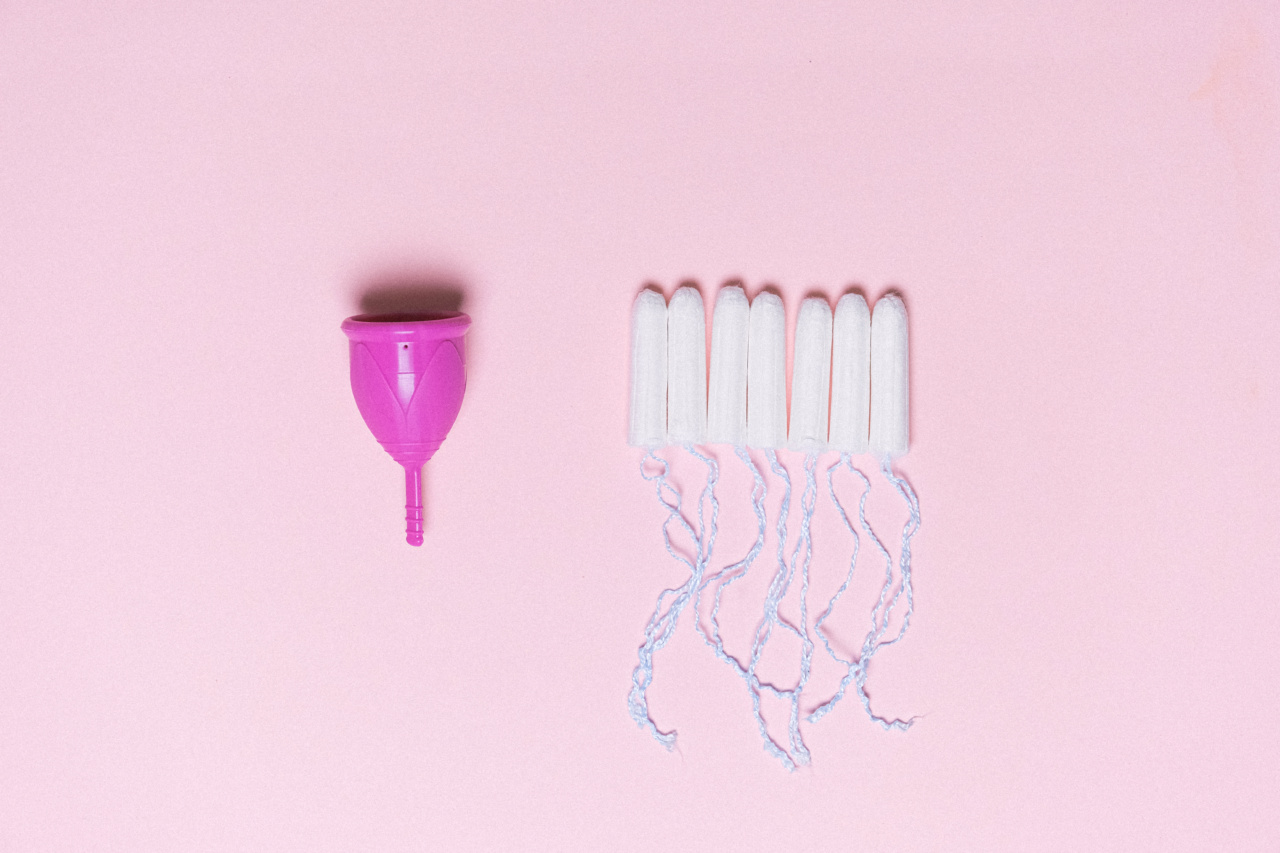Many women experience bloating during their menstrual cycle. Bloating is defined as a sensation of fullness or swelling in the abdomen. It can be caused by a variety of factors, including hormonal changes, fluid retention, and gas.
Fortunately, there are several things you can do to reduce bloating and feel more comfortable during your period.
1. Drink Plenty of Water
Drinking water can help reduce bloating during your period. When your body is dehydrated, it tends to retain more water, which can lead to bloating.
Drinking at least eight to ten glasses of water a day can help flush excess fluid from your system and reduce bloating. You can also try drinking herbal tea, which can help relieve cramps and other menstrual symptoms.
2. Get Enough Exercise
Exercise can help reduce bloating during your period by increasing circulation and flushing out excess fluids. Try to get at least 30 minutes of moderate exercise, such as walking, swimming, or cycling, each day.
You can also do gentle yoga or stretching exercises to help relieve tension and improve circulation.
3. Eat a Balanced Diet
Eating a balanced diet can help reduce bloating during your period. Try to eat foods that are rich in fiber, such as fruits, vegetables, and whole grains, which can help regulate digestion and prevent constipation.
You should also avoid foods that are high in sugar, salt, and fat, which can contribute to bloating and water retention.
4. Use Heat Therapy
Using heat therapy can help reduce bloating and menstrual cramps. You can use a heating pad, hot water bottle, or warm towel to apply heat to your abdomen.
The heat can help improve circulation and relax your muscles, which can reduce bloating and alleviate cramps.
5. Try Over-the-Counter Medications
Over-the-counter medications such as ibuprofen, naproxen, and acetaminophen can help relieve menstrual cramps and reduce bloating. You can also try anti-gas medications, such as simethicone, which can help reduce gas and bloating.
6. Avoid Caffeine
Caffeine can contribute to bloating during your period by increasing water retention. Try to avoid caffeine during your period, or limit your intake to one or two cups of tea or coffee per day.
7. Get Plenty of Rest
Getting plenty of rest can help reduce stress and tension, which can exacerbate bloating and other menstrual symptoms. Try to get at least eight hours of sleep per night and take breaks throughout the day to rest and relax.
8. Practice Stress-Reduction Techniques
Stress can contribute to bloating during your period by causing your muscles to contract and retain fluid. You can reduce stress by practicing meditation, deep breathing, or other relaxation techniques.
You can also try aromatherapy, which can help reduce stress and promote relaxation.
9. Consider Birth Control
Birth control can help regulate your menstrual cycle and reduce bloating and other menstrual symptoms. Talk to your healthcare provider about the different types of birth control available and which one might be right for you.
10. Keep a Menstrual Diary
Keeping a menstrual diary can help you track your symptoms and identify patterns that may contribute to bloating. You can use a notebook or an app to track your period, symptoms, and lifestyle factors such as diet, exercise, and stress.






























